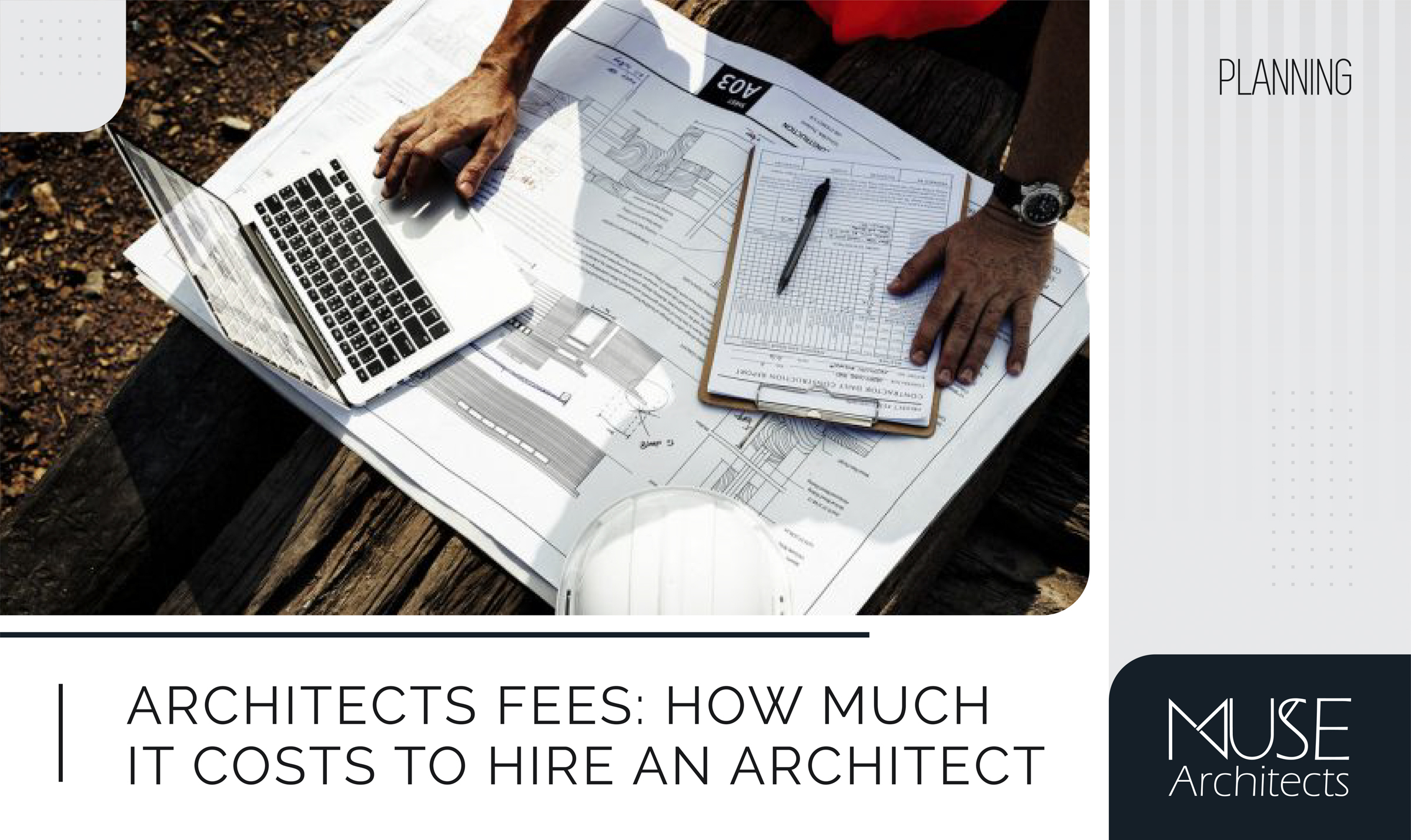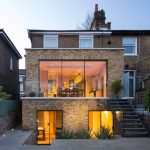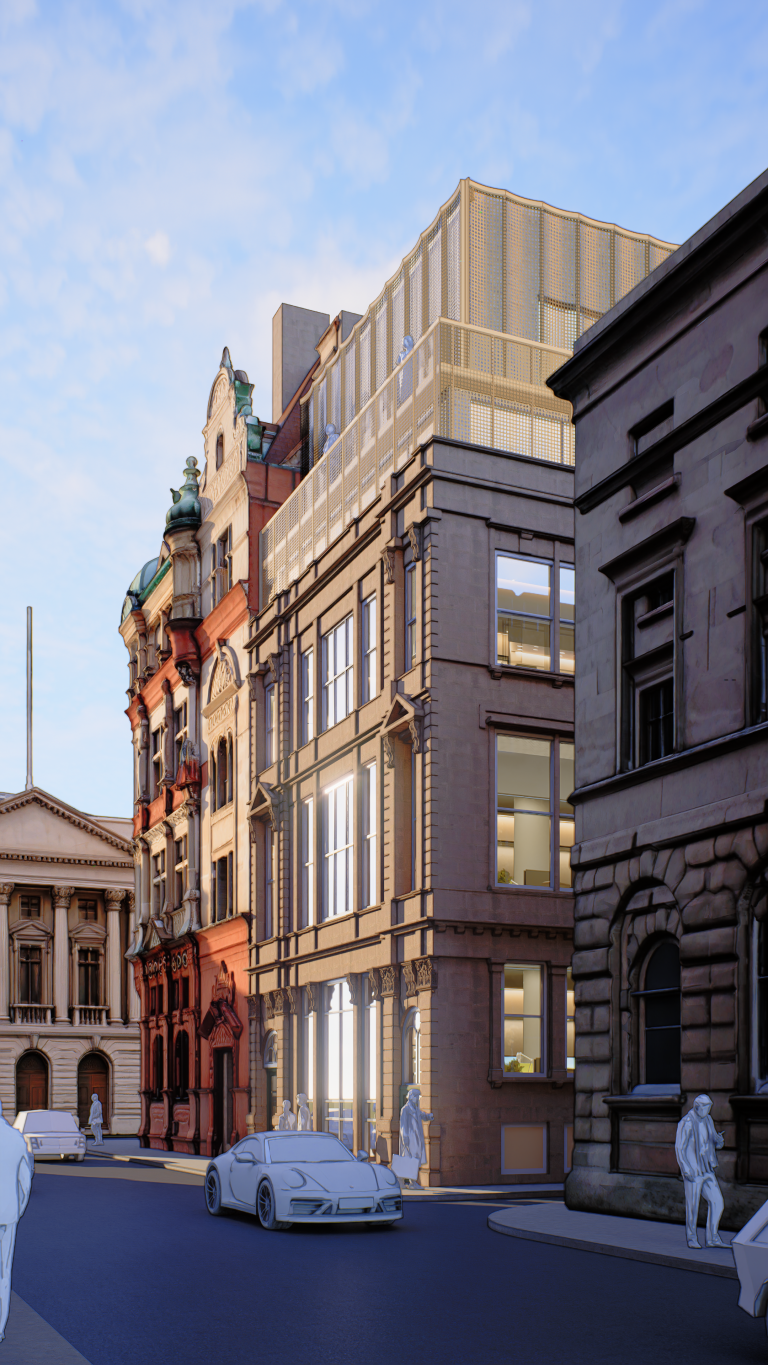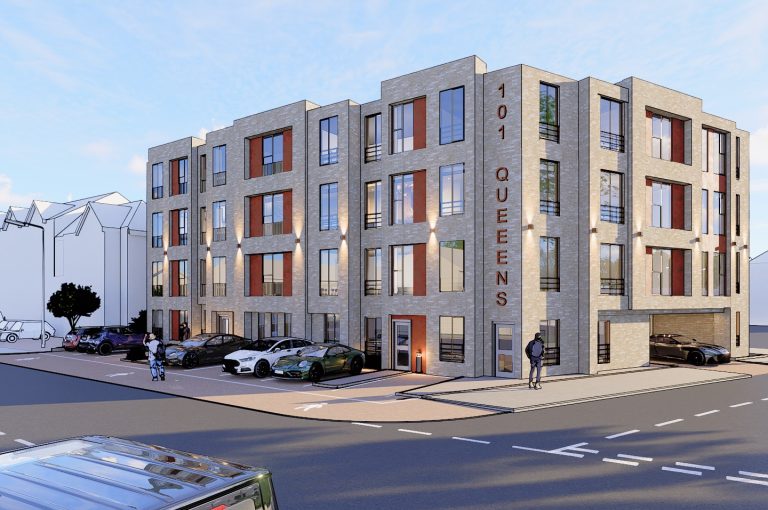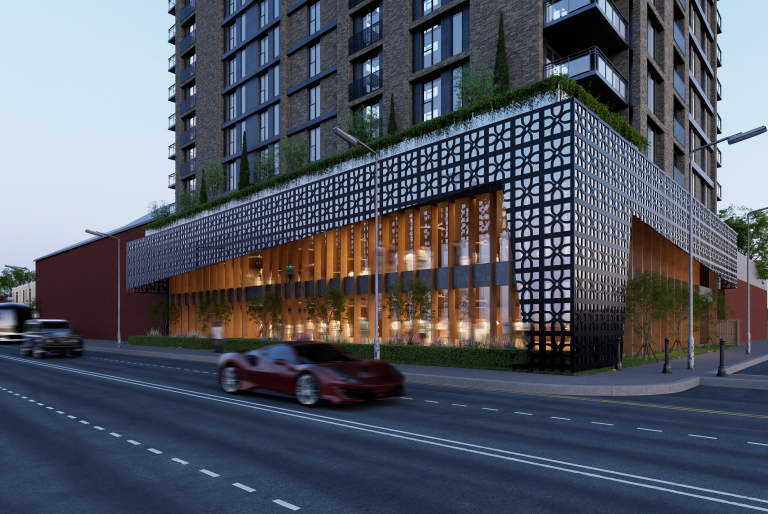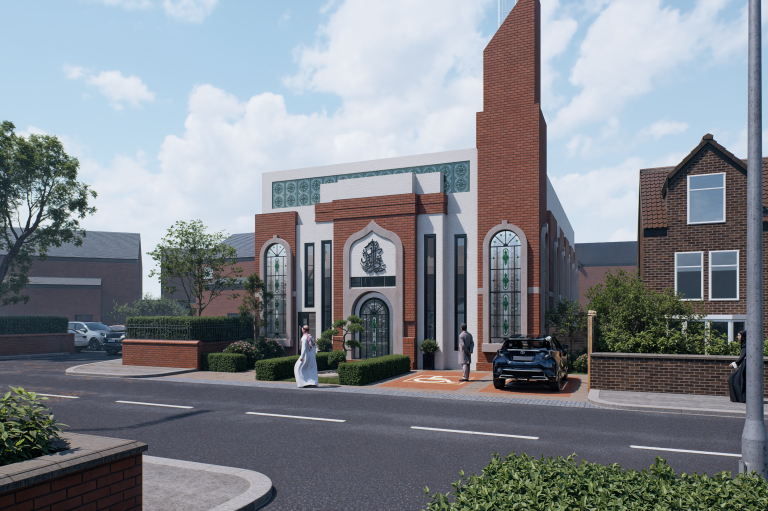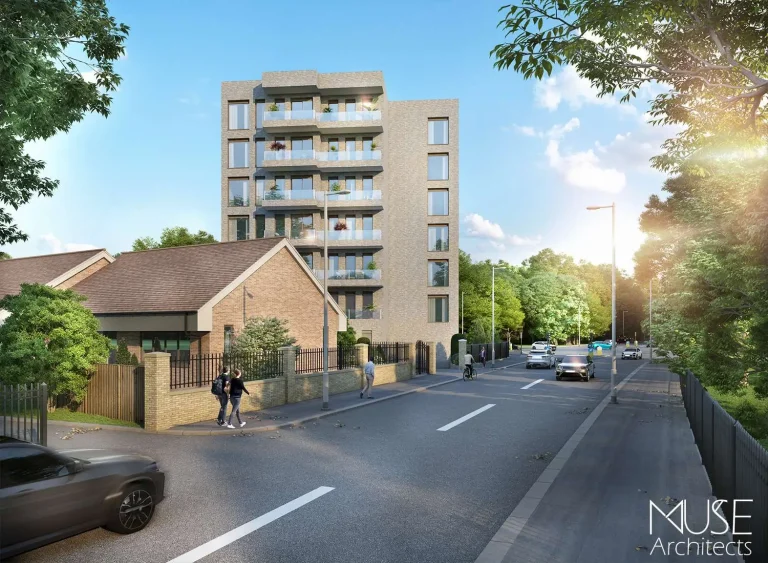Summarise with AIClaudeChatGPTGeminiWhat You Need to Know About Architect Costs An architect’s role is to help you visualise your project from the beginning. Homeowners or contractors may overlook certain angles, but an architect can identify these aspects. Many clients feel uncertain about how much it costs to hire an architect, as fees can vary based on the economy and other factors. This article aims to demystify the world of architects’ fees. Three Main Methods Architects Use to Evaluate Their Fees Percentage BasisFees are calculated as a percentage of the construction cost and are commonly used for larger projects. It is essential for both the client and the architect to agree on the project budget before determining costs. The procurement route can also influence the overall fees. Lump-Sum AgreementThis method is typically used for projects where the scope of work is clearly defined. Important aspects such as the tasks involved and expected outputs must be established. Any additional work or revisions will incur extra charges beyond the agreed scope. This method is effective for smaller projects or home extensions. Time Charge BasisAlthough not commonly agreed upon by all architects, the time charge method can be effective as it clearly shows what you are paying for, incentivising the architect to work efficiently. Time charges are often applied for revision work, particularly when design changes take time to finalise. This method is also used for consultancy during the design phase or for extra site meetings. It encourages timely project completion, ensuring that each new design is thoroughly scrutinised based on time. Average Architect Fees Architect fees can vary significantly based on project complexity. Clients can expect charges to range between 5.5% and 15%, depending on the project’s complexity and the agreed/estimated budget. Below is a guide based on average fees from an independent annual fee survey, which are subject to market fluctuations and regional variations. Private Client Extensions For projects around £50,000: Charges range from 12% to 15%. For projects around £100,000: Charges range from 10% to 13%. For projects around £250,000: Charges range from 8% to 11%. For projects over £500,000: Charges range from 7% to 9%. New House Projects For projects over £300,000: Charges range from 8.5% to 10%. For projects over £500,000: Charges range from 7.5% to 9%. For projects over £750,000: Charges range from 6.5% to 8%. For projects over £1 million: Charges range from 5.5% to 7%. Architect Costs for Property Developer Projects Housing New Builds For projects over £2 million: Charges range from 4% to 5%. For projects over £4 million: Charges range from 3% to 4%. For projects over £8 million: Charges range from 2% to 3%. For projects over £15 million: Charges range from 1.5% to 2.5%. Apartment Housing New Builds For projects over £2 million: Charges range from 5% to 6%. For projects over £4 million: Charges range from 4.8% to 5.8%. For projects over £8 million: Charges range from 4.5% to 5.5%. For projects over £15 million: Charges range from 4.2% to 5.2%. Important Questions to Ask Before Hiring an Architect Experienced architects will typically break down their fees to assist with cash flow. Before hiring, homeowners should ask specific questions to ensure a good fit. Some essential questions include: Do you have any special experience with listed buildings or unique techniques? Can you provide samples of past work or a signature style? How well do you get along with your clients? Understanding these factors is crucial for a successful working relationship. Conclusion British architects accredited by RIBA provide technical designs and submit drawings to structural engineers and local authorities for various projects, including loft conversions and new builds. We offer fixed fee projects and can provide information about hourly rates and expected costs. Contact us to learn more about how we can assist you with your architectural needs.
What You Need to Know About Architect Costs
An architect’s role is to help you visualise your project from the beginning. Homeowners or contractors may overlook certain angles, but an architect can identify these aspects. Many clients feel uncertain about how much it costs to hire an architect, as fees can vary based on the economy and other factors.
This article aims to demystify the world of architects’ fees.
Three Main Methods Architects Use to Evaluate Their Fees
- Percentage BasisFees are calculated as a percentage of the construction cost and are commonly used for larger projects. It is essential for both the client and the architect to agree on the project budget before determining costs. The procurement route can also influence the overall fees.
- Lump-Sum AgreementThis method is typically used for projects where the scope of work is clearly defined. Important aspects such as the tasks involved and expected outputs must be established. Any additional work or revisions will incur extra charges beyond the agreed scope. This method is effective for smaller projects or home extensions.
- Time Charge BasisAlthough not commonly agreed upon by all architects, the time charge method can be effective as it clearly shows what you are paying for, incentivising the architect to work efficiently. Time charges are often applied for revision work, particularly when design changes take time to finalise. This method is also used for consultancy during the design phase or for extra site meetings. It encourages timely project completion, ensuring that each new design is thoroughly scrutinised based on time.
Average Architect Fees
Architect fees can vary significantly based on project complexity. Clients can expect charges to range between 5.5% and 15%, depending on the project’s complexity and the agreed/estimated budget. Below is a guide based on average fees from an independent annual fee survey, which are subject to market fluctuations and regional variations.
Private Client Extensions
- For projects around £50,000: Charges range from 12% to 15%.
- For projects around £100,000: Charges range from 10% to 13%.
- For projects around £250,000: Charges range from 8% to 11%.
- For projects over £500,000: Charges range from 7% to 9%.
New House Projects
- For projects over £300,000: Charges range from 8.5% to 10%.
- For projects over £500,000: Charges range from 7.5% to 9%.
- For projects over £750,000: Charges range from 6.5% to 8%.
- For projects over £1 million: Charges range from 5.5% to 7%.
Architect Costs for Property Developer Projects
Housing New Builds
- For projects over £2 million: Charges range from 4% to 5%.
- For projects over £4 million: Charges range from 3% to 4%.
- For projects over £8 million: Charges range from 2% to 3%.
- For projects over £15 million: Charges range from 1.5% to 2.5%.
Apartment Housing New Builds
- For projects over £2 million: Charges range from 5% to 6%.
- For projects over £4 million: Charges range from 4.8% to 5.8%.
- For projects over £8 million: Charges range from 4.5% to 5.5%.
- For projects over £15 million: Charges range from 4.2% to 5.2%.
Important Questions to Ask Before Hiring an Architect
Experienced architects will typically break down their fees to assist with cash flow. Before hiring, homeowners should ask specific questions to ensure a good fit. Some essential questions include:
- Do you have any special experience with listed buildings or unique techniques?
- Can you provide samples of past work or a signature style?
- How well do you get along with your clients?
Understanding these factors is crucial for a successful working relationship.
Conclusion
British architects accredited by RIBA provide technical designs and submit drawings to structural engineers and local authorities for various projects, including loft conversions and new builds. We offer fixed fee projects and can provide information about hourly rates and expected costs. Contact us to learn more about how we can assist you with your architectural needs.

